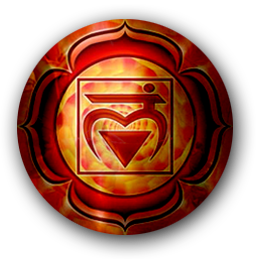The basis of all Taoist thinking is that Qi (Energy) is a part of everything that exists. Its central principle is that all of life is part of an inseparable whole, an interconnected unity which arises from a deep, mysterious, and essentially unexplainable source.
 As an inseparable part of the Tao, human beings can gain understanding and become attuned to the natural laws of the universe through inner meditation and outer observation. Aligning ourselves with these principles allows life to be lived in harmony with the Tao. Indeed our way of life becomes the Way, a full expression of the Tao.
As an inseparable part of the Tao, human beings can gain understanding and become attuned to the natural laws of the universe through inner meditation and outer observation. Aligning ourselves with these principles allows life to be lived in harmony with the Tao. Indeed our way of life becomes the Way, a full expression of the Tao.
These natural laws are illustrated by the well-known symbol of the Yin and Yang. It represents the balance of opposites in the universe. When they are equally present, all is calm. When one is outweighed by the other, there is confusion and disarray. The two swirling shapes inside the symbol give the impression of change- the only constant factor in the universe.
The most traditional view is that Yin represents aspects of the feminine: being soft, cool, calm, introspective, and healing while Yang represents the masculine: being hard, hot, energetic, moving, and sometimes aggressive. Yin is also represented as night and Yang as day.
The Yin and Yang apply to sex as well. In the Taoist view of sexuality, the body is revered and sex is wholeheartedly encouraged. Taoist sex is not just about pleasing the man. Taoists believe that a man can only increase and nourish his own vitality by stimulating and pleasing a woman into orgasm. The female’s orgasm activates and strengthens her life force, which in turn has a nurturing and balancing effect on the life force of the male. The primary purpose behind Taoist lovemaking is this transformation of sexual energy into healing energy and vitality, resulting in better health and longevity.
Similar to Tantra, Taoism has many facets, sexuality being only one aspect. Taoists do not merely teach exercises to enhance the pleasure of partnership. They also encourage self-mastery and self-awareness. They clearly teach the importance of drawing in the sexual energy and experience, rather than focusing on sexual organs and external stimuli. Any focus on the sexual organs is used only to introduce the practitioner to more advanced concepts. Taoism also puts an emphasis on self-control and moderation. Complete abstinence is considered as equally dangerous as an excessive sexual indulgence.